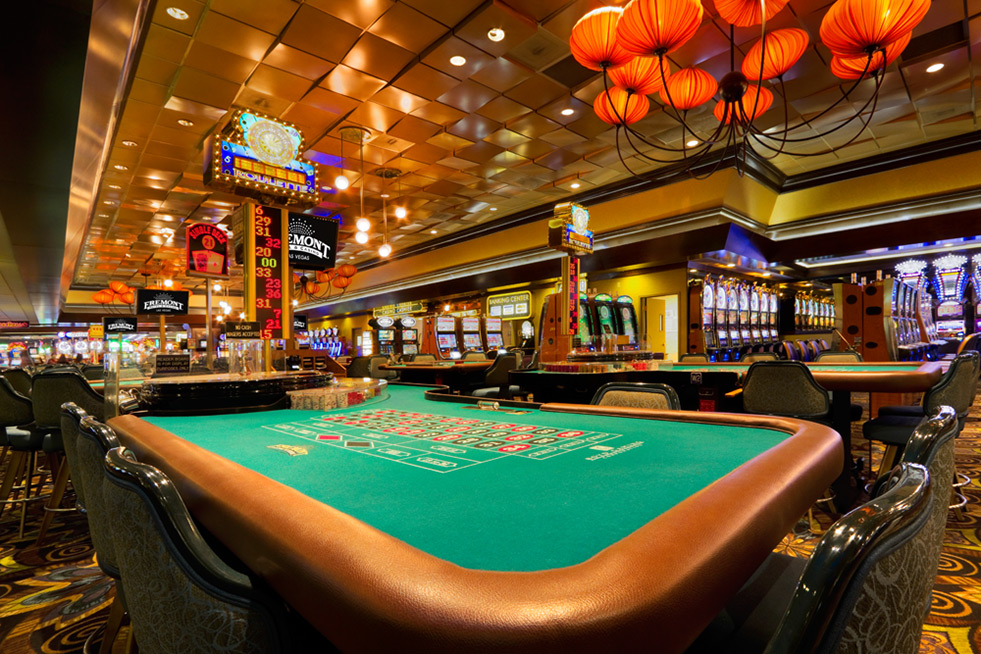
Casino games have long been a significant aspect of human culture, offering not just entertainment but a fascinating reflection of our hopes, dreams, and fears. From the turning reels of a slot machine to the tactical play of poker, these games encapsulate a variety of human emotions and experiences. At their core, casino games are more than a chance to win money; they are a microcosm of life itself, where risk and reward intertwine and fate can change in an moment.
As players gather around tables or sit in front of glowing machines, they take part in a ritual that transcends mere gambling. These games mirror our instinctive desires for connection, thrill, and the pursuit of luck. They also unveil deeper truths about human psychology, such as our relationship with fate and the adrenaline of risk. In exploring casino games, we reveal not only the rules of play but also the intricate pattern of the human journey, showcasing our intertwining narratives of goal and reality.
The Psychology of Gambling
Gambling is intrinsically connected in human psychology, appealing to various emotions and wants. The excitement of taking risks is a core aspect that attracts participants, be it it’s thrill of spinning a roulette wheel or the anticipation of drawing a winning card in a poker game. This adrenaline is frequently likened to other forms of excitement, as the unpredictability of outcomes triggers a unique psychological response. Gamblers often become captivated by the possibility of striking it rich, leading to an irresistible draw toward casino games.
Additionally, an essential component of the psychology behind gambling is the concept of optimism and aspiration. Players often nourish fantasies of financial freedom and the opulent lifestyle that can follow winning. This hope fuels their continued participation in casino games, as it provides a sense of purpose and the conviction that a life-changing win could be just one bet away. The story of overcoming odds and finding success resonates with many, strengthening their dedication to play and engage with these games.
Finally, social aspects play a crucial role in gambling psychology. FB88 Casino environments are designed to foster social interaction, where gamblers gather to share the journey of wins and losses. This communal aspect not only amplifies enjoyment but also influences behavior, as individuals often imitate the actions of others around them. The collective approval found in mutual thrill can enhance the emotional experience, making casino games a mirror of not just personal desires but also collective engagement within the gambling community.
### Risk and Reward: A Double-Edged Sword
Gambling activities embody the fragile balance between danger and gain that resonates profoundly with human nature. The thrill of placing a wager is often accompanied by a rush of adrenaline, as participants are confronted with the possibility of a huge payout, yet fully aware of the possibility to lose. This twofold experience reflects a fundamental aspect of life: the decisions we face often come with built-in risks, and the chase for gain can compel us to take chances we might not typically consider. In this way, casino games echo real-world choices, enticing players to risk not just their funds, but also their aspirations.
The allure of jackpot prizes and payouts fuels a sense of optimism, encouraging players to imagine a brighter future that could manifest from a fortunate turn of the roulette or turn of a card. This optimism can compel individuals to engage in riskier behaviors, encouraging them to take greater risks in search of economic benefit. FB88 However, just as in life, the results of these decisions can lead to both triumph and loss. The narratives of both big winners and those who have suffered everything at the tables demonstrate the chaotic nature of luck and its significant repercussions on our futures.
Ultimately, the interaction of engaging with casino games serves as a vivid illustration of the nature of humanity. Every game played is filled with the tension of uncertainty, as players weigh the rewards against the risks. This dynamic not only highlights the thrill that comes with gambling but also reveals the risks that come with the desire for more. As we navigate the complexities of choice and consequence in both the casino and in life, we find that the pursuit of risk and reward shapes our character and journeys in significant manners.
Culture and Isolation in Gambling Environment
Casino culture is a unique mix of social interaction and personal endeavor, reflecting the contrasts of human experience. Players often come together around tables, experiencing in the excitement of the game, rejoicing in wins, and sympathizing over losses. This communal aspect is crucial, as it fosters a sense of community and camaraderie among diverse groups of individuals. Regular attendees to casinos may build friendships and develop routines, turning the gambling venue into a second home where they experience connected to a greater community of players.
However, the appeal of gambling games can also result to loneliness. As players become immersed in the excitement of playing, they may withdraw from personal relationships or neglect to interact with the environment outside the gaming space. For some, the pursuit of a windfall can overshadow genuine relationships, leading to isolation. The experience of being among people yet feeling solitary is not uncommon, as the focus shifts from collective fun to the private stakes of each player’s path.
This interplay of society and isolation creates a rich tapestry that defines casino culture. It showcases the complexity of social interactions, where happiness and despair coexist. Gambling venues serve as both a refuge for social engagement and a stage for individual challenges, demonstrating how intimately entwined our desire for connection and the personal quest for wealth can be. In navigating this landscape, players confront their own narratives—seeking both the thrill of the game and the companionship of other gamblers, ultimately reflecting the broader spectrum of human experience.
